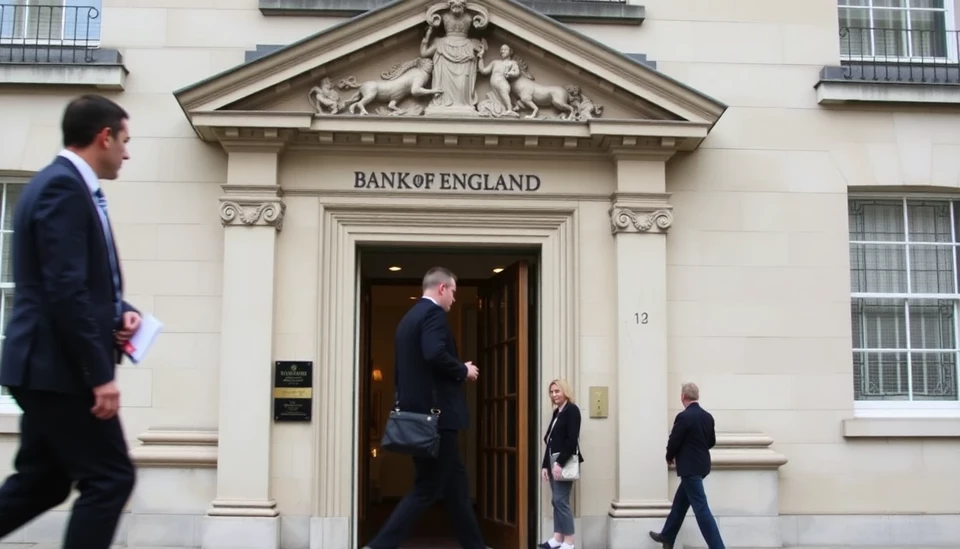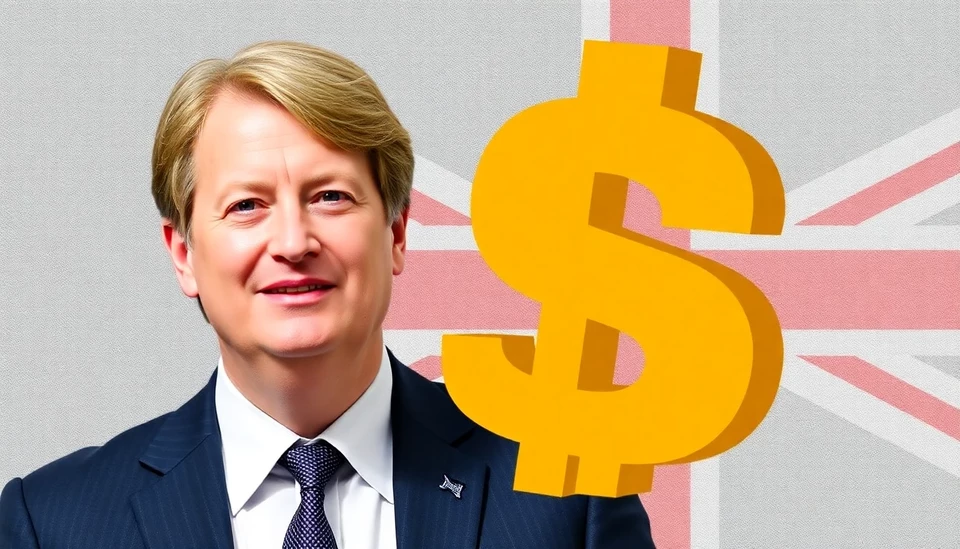
UK Abandons Tax Crackdown on Buyout Firms Amid Backlash
In a significant policy reversal, the UK government has decided to discontinue its proposed tax crackdown on private equity firms and buyout companies. Initially aimed at increasing revenues and addressing perceived tax loopholes, the move reflects growing pressures from investment groups and industry leaders who warned that the crackdown could discourage investment and harm the economy.
Continue reading
UK Taxpayers Bracing for a £150 Billion Bill as Bank of England’s QE Stance Raises Concerns
In a startling revelation, the Bank of England has disclosed that British taxpayers could potentially face a hefty £150 billion bill stemming from its quantitative easing (QE) strategy. This alarming figure emerges as investors and policymakers begin to grasp the long-term ramifications of the central bank’s efforts to stimulate the economy amidst turbulent financial times.
Continue reading
Reeves Considers Scrapping Tax Pledge, Insights from Former Bank of England Official
In a significant political development, Shadow Chancellor Rachel Reeves is reportedly contemplating abandoning her commitment to adhere to strict tax policies in light of mounting financial pressures facing the United Kingdom. This news comes on the heels of a discussion by Martin Weale, a former member of the Bank of England's Monetary Policy Committee, who provided insights into the nation's economic landscape and the necessity for reevaluation of fiscal strategies.
Continue reading
UK Tax Burden on Minimum Wage Workers Almost Doubles in Ten Years
In a striking development for low-income earners, a recent report reveals that the tax burden on minimum wage workers in the United Kingdom has nearly doubled over the course of the last decade. This significant rise raises serious questions about the sustainability of low-wage living standards and the impact of government policies on the most vulnerable members of society.
Continue reading
Tax Hikes in the UK: A Focus on Direct Impact on Major Corporations
In a significant move for the UK economy, Chancellor Jeremy Reeves has unveiled a series of tax increases that appear to largely exempt many of the nation’s largest publicly listed companies. This strategic decision is seen as a pivotal response to the current fiscal challenges faced by the government, especially in light of rising debt levels and the financial impacts of the ongoing global economic shifts.
Continue reading
UK Businesses Brace for Price Hikes Amidst Sweeping Tax Increases
In a significant shift that could impact consumers across the nation, more than 50% of UK companies have announced plans to elevate their prices in the wake of a staggering £26 billion tax hike implemented by the government. This substantial increase in taxation has raised alarms among business leaders, many of whom are now grappling with the potential repercussions on their operations and customer relationships.
Continue reading
Big Business in Britain Faces Concerning 10% Tax Hike Ahead of Labour's Budget Plans
In a significant development signaling the government’s approach towards corporate taxation, large businesses in the UK experienced a steep 10% increase in their tax obligations as of late November. This rise in tax rates has stirred concerns among economists and industry leaders alike, especially as the nation heads towards the unveiling of Labour's new budget.
Continue reading
UK Chancellor Reeves Raises Capital Gains Tax: A Strategic Move for Competitiveness
In a significant fiscal announcement that has captured the attention of investors and economists alike, UK Chancellor of the Exchequer Rachel Reeves has unveiled plans to increase the capital gains tax. This decision aims to bolster public finances while affirming the UK’s commitment to maintaining a competitive investment landscape.
Continue reading
UK Non-Dom Residents Brace for Second Brexit-Style Tax Shock
Recent discussions surrounding tax policy reform in the United Kingdom have prompted significant concern among non-domiciled residents. These individuals, commonly referred to as "non-doms," are increasingly wary that proposed changes to taxation laws could yield a financial blow similar to the economic upheaval experienced during the initial Brexit transition. With the impending adjustments threatening to elevate their tax liabilities substantially, many non-doms are now seeking clarity and potential avenues to safeguard their financial futures.
Continue reading